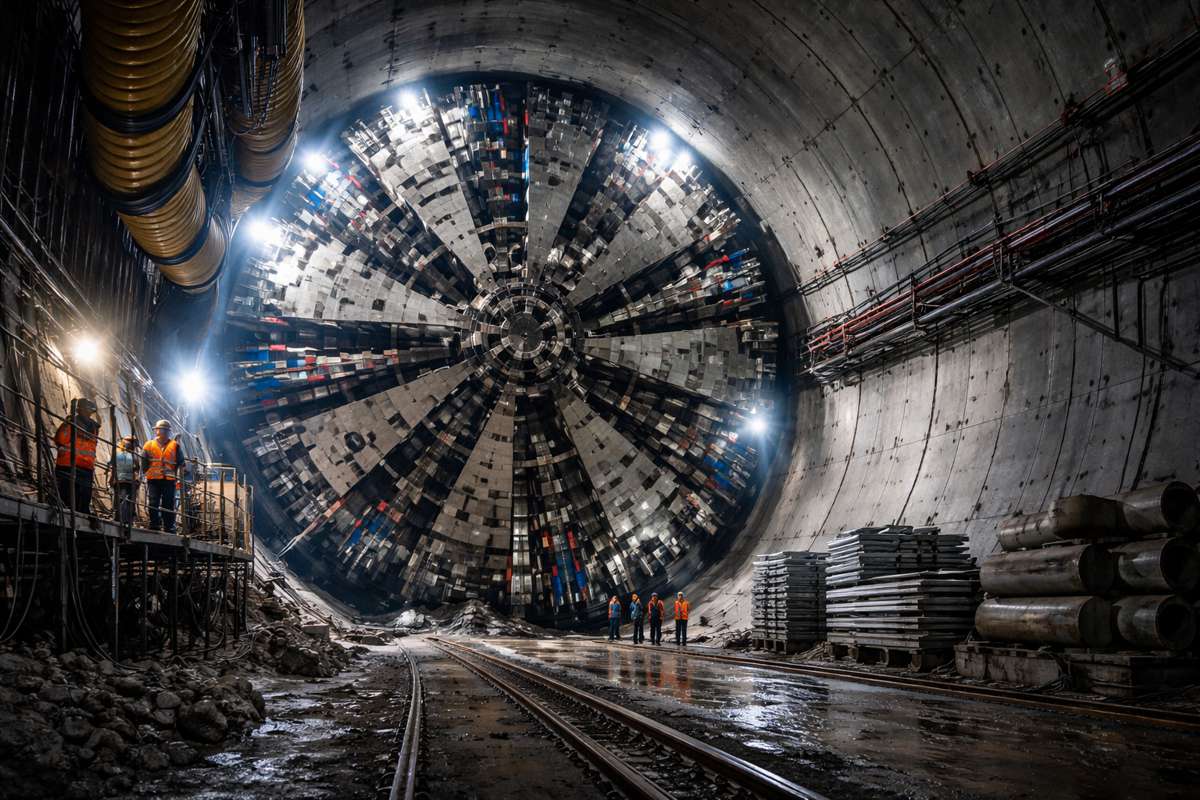World Bank tells Romania it must act decisively to improve road safety
The World Bank, in partnership with the European Transport Safety Council, the Romanian Ministry of Transport and the National Road Authority (Autoritatea Rutieră Română) co-hosted the Road Safety in Romania – Challenges and Opportunities conference today. The event brought together key international and domestic actors active in the field of road safety.
Romania is the worst performer in the European Union (EU) when it comes to road safety. With approximately 2000 people dying on roads in 2015 and another 9000 injured in road accidents, Romania’s figures are double the average in the EU – and its road safety record is three times worse than countries like Sweden, Denmark, or the United Kingdom. The economic cost of this tragic loss of life is estimated anywhere between 4-10 billion RON (€1-2.5 billion).
“Romania will have little chance of achieving its target of reducing fatalities on roads by 50 percent by 2020, unless effective measures are put in place as soon as possible,” said Elisabetta Capannelli, World Bank Country Manager for Romania and Hungary. “The World Bank is very pleased to have supported the Government of Romania in carrying out a comprehensive review of road infrastructure safety management and we hope that our recommendations on addressing ‘Black Spots’ and other related challenges will support the Government in meeting its road safety objectives.”
As part of a comprehensive technical assistance support, at the request of the Romanian National Road Authority, the World Bank put forward a list of key recommendations focused on reducing road casualties by improving the road-infrastructure management system and focusing on improving the most dangerous sections of different roads.
Findings from the World Bank highlight that road safety can be managed efficiently, even as more vehicles take to the road in Romania. A modern systems approach, which brings together key partner institutions and makes them accountable for safety, is very important for reducing deaths and injuries on roads. Other important actions include improving speed management by developing an automatic speed enforcement system; modernizing a crash database to better diagnose and address causes; improving monitoring of safety policies; actively communicating with users; and adopting international and domestic best practices.
Those best practices which could be adopted in Romania include installing median and road-side barriers, introducing tactile median and roadside line markings to wake up drowsy drivers, and improving curve delineation to reduce off-road crashes. For roads where there are no median or roadside barriers, speeds should not exceed 80 km/h. For intersections in high speed zones, installing a roundabout to control vehicle speed and directional impact forces, or installing well designed traffic signals, will reduce vehicle casualties. The speed limit at intersections without traffic lights should also not exceed 50 km/h.
To reduce pedestrian casualties, good practices include reducing speed limits to 40 km/h or less in pedestrian zones, installing good public lighting and signals for pedestrian crossings, pedestrian fencing to guide pedestrians to a highly visible crossing point and preventing pedestrians crossing a hazardous road, as well as installing plenty of visual warnings for drivers.
These infrastructure improvements should be accompanied by more transparent and flexible legislation, better enforcement of traffic laws, and training programs for road professionals. The World Bank stands ready to continue supporting the Romanian authorities in improving road safety and our hope is for a Romania where we don’t lose human lives on roads.





























